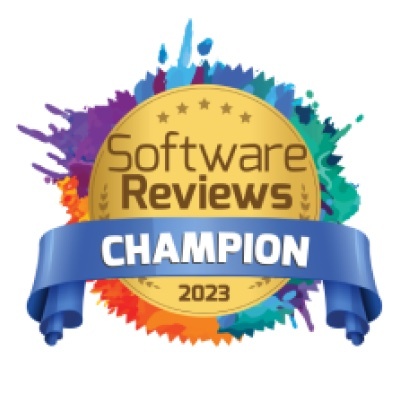In 2018, Adrian Bridgwater wrote an article for Forbes detailing the 13 types of data businesses encounter during their digital transformations. He covered a lot of the bases—high-dimensional data, dark data, and plenty of other use cases.
He did, however, neglect one very important type of data that affects every organization, no matter what it does. Any guesses for what this mysterious 14th type of data might be?
Hint: Data means nothing without it.
Still struggling?
This 14th type of data is none other than METADATA!
What is metadata?
Metadata is data that describes other data. It’s information that gives context to datasets and helps companies understand what they’re looking at when they assess their numbers.
There are numerous types of metadata out there, but they usually contain the following elements:
– Titles and descriptions of the dataset
– Data type, structure, and source
– Table/column relationships
– Creation date
– Last modified date
– Users who have access
You get the idea. Metadata takes different forms depending on what it’s describing, but its function is always the same: Providing a way to organize, understand, and analyze data. It’s not unfair to say that without metadata, all of the other types of data described by Mr. Bridgwater are meaningless.
How does metadata relate to business intelligence?
Broadly, metadata is the tool that BI (business intelligence) teams use to ensure that data stays consistent and accurate from the database all the way through to the ETL tool, analysis, and reporting systems. It’s not a deliverable, and it doesn’t make headlines as an innovative new way to optimize your business’s decision-making. Nevertheless, metadata is the common denominator that binds together an organization’s data flows.
This is because, at its core, business intelligence is all about decision-making. And decision-making is all about data. Metadata is embedded in every process, application, and capability a business has. More than anything else, it’s a way of monitoring data and tracing data lineages to identify exactly where and when data gets transferred.
The BI landscape, however, isn’t all fun and games. It’s messy and crowded and it can be very difficult to locate metadata and trace lineage across platforms – especially when doing so manually. Managing metadata with automation can significantly boost the productivity of the BI group by enabling them to tap into their metadata and locate specific data points throughout any number of BI systems—even those that don’t speak the same language – within seconds.
How does metadata management help data governance?
With the GDPR in full effect, companies are scrambling to make sense of their data and business information. They don’t have much choice—should a regulator need access to a business’s data, they’ll need to locate that information fast and deliver it for an audit. But when businesses take weeks to locate data points within their disjointed systems, compliance with these regulations becomes a laborious task.
This brings us back to metadata. When we consider how metadata management can help trace data lineages and monitor data flows, the idea of data governance becomes a lot less intimidating. Any data point can be located as long as you have the metadata to back it up. In this way, metadata isn’t just another type of data, it’s a business intelligence tool that companies can’t afford to ignore.
Understanding business metadata
Data-driven businesses understand the importance of metadata and its role in their organizations. It’s an essential tool that influences an organization’s decisions, data management capabilities, and compliance imperatives, and to call it “the 14th type of data” is drastically underscoring its value as a business tool—and the benefits that companies find from learning how to manage it effectively.







